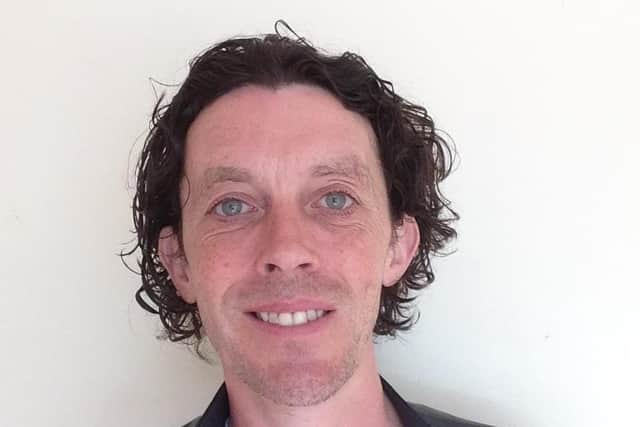My dream answer to helping overwhelmed mental health services - Bird Lovegod
Actually most of my ideas fall into this category, but a few of them vector enough with Earth 2023 to be viable. Ok, so here’s the particular idea, and it was more than an idea, it was a dream.
In the dream I was holding up a small book. The book was a directory of individual people, volunteers, who could be contacted for friendship, listening, support, and what could be called counselling but can’t be called counselling due to that being a sort of medical term.
Advertisement
Hide AdAdvertisement
Hide AdThis book of people, complete with their names, photos, little introduction and contact details was to be distributed free of charge. So anyone suffering from loneliness, mental and emotional health issues, and all the other malaise of our unnatural and isolated lives can get in touch with people who care and are happy to listen and be a friend to them.


Given that many of the volunteers in the directory would have themselves experienced such issues, it would be an open source way of connecting people who understand and care with people who need someone to listen to them and help them.
Why is this idea wrong?
I read today that the mental health services in Sheffield are dire, totally overwhelmed, and hardly fit for purpose. The demand for mental and emotional support has never been higher, and why would it go any lower, every new crisis adds to the burden.
So given that our culture is a source of mental unwellbeing, surely some sort of localised peer to peer system for caring for one another is entirely sensible.
Advertisement
Hide AdAdvertisement
Hide AdThe issue is of course risk. But are we so risk averse we would rather wait forever for a solution than take responsibility? The risks could be mitigated, the volunteers could be interviewed, trained, and various best practices put in place. It’s doable.
In a decent society this would exist already, or spontaneously come into being. I mean, what would happen if it was just done, the first half dozen volunteers added to a booklet, a few pages of rules and safeguarding, a few thousand copies printed for a few hundred quid, and let the thing happen. I’m talking myself into it, just to find out.
I could suggest it to the church I attend, and maybe I will. But I very much doubt they’d do it. Because of time, and focus, and safeguarding, and so on.…
But once a booklet was produced, and people could see how it worked, and the common sense value of it, here’s a booklet of people who care and you can contact them to talk about your issues and loneliness and so on, and you can even arrange to meet them in a public space, and you’re both grown ups, so just be human about it. Why not? What’s the best that could happen?
Advertisement
Hide AdAdvertisement
Hide AdIt becomes a feature of society, a new way for people to reach out to people, to make friends, to feel connected and valued. For the volunteers it’s a way to give to others, to care, to add value to individuals and society. You could imagine it changing everything. Question is, can we trust one another? And what if something goes wrong? That can be mitigated against, and honestly, things go wrong in life all the time. ‘What if it goes wrong’ is a reason to never do anything. What if it goes right? And changes lives, heals lives, even saves lives.